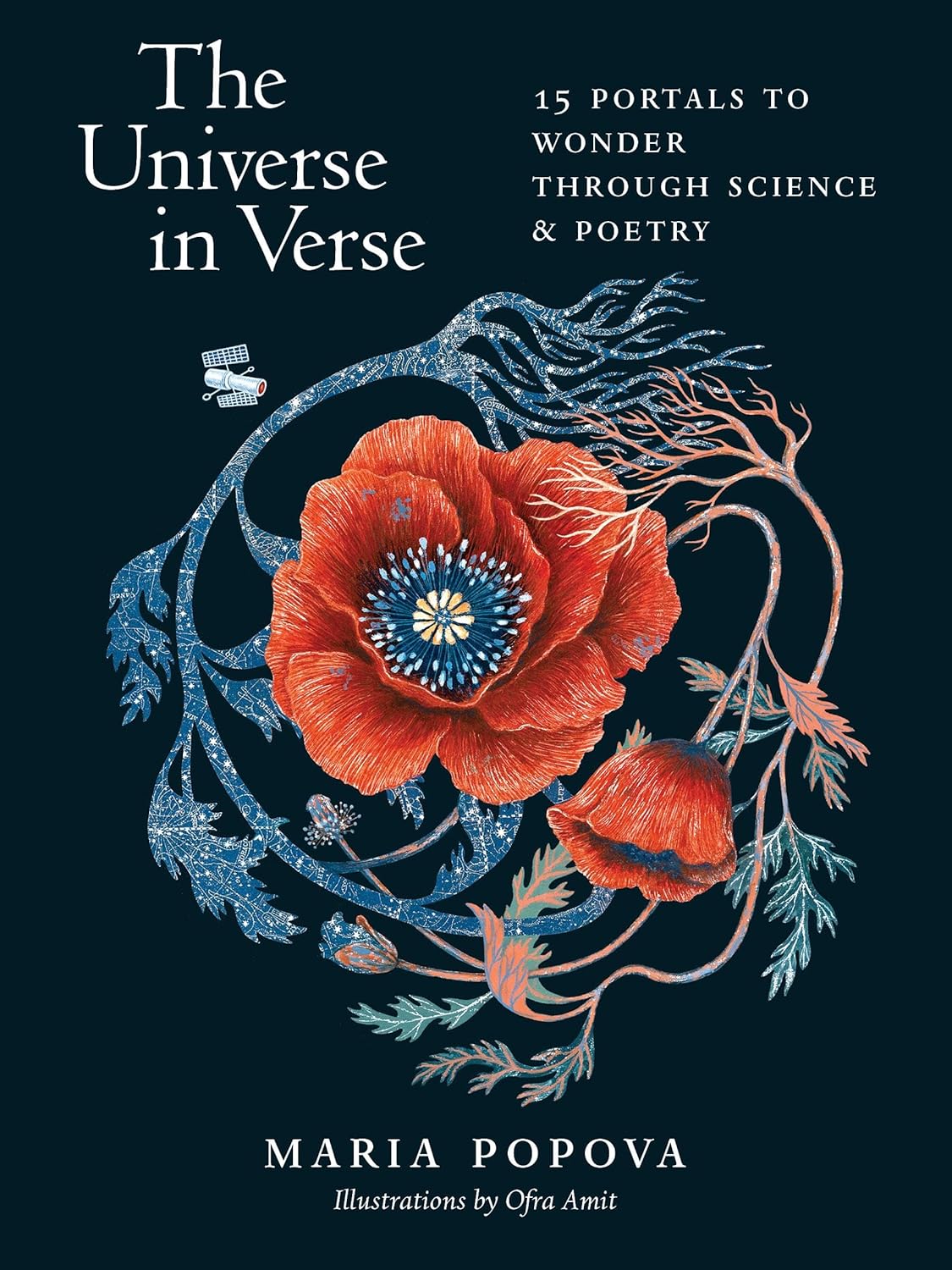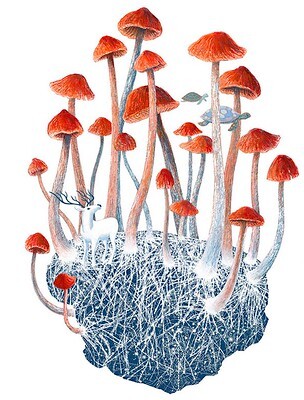What do you think?
Rate this book


112 pages, Hardcover
First published October 1, 2024

‘Suddenly, the flower emerges not as this pretty object to be admired, like it had been throughout the canon of Victorian poetry, but as this ravishing system of aliveness—a kind of silent symphony of interconnected resilience.’


‘Permeating Elson’s lyrical meditations on the nature of reality, mortised and tenoned with life and love, the mystery of dark matter culminates in one particular poem exploring with uncommon loveliness what may be the most touching paradox of being human—creatures of matter in a cosmos governed by the dark sublime of endless entropy, longing for the light of immortality, longing to return to the singularity so that everything may begin again.’